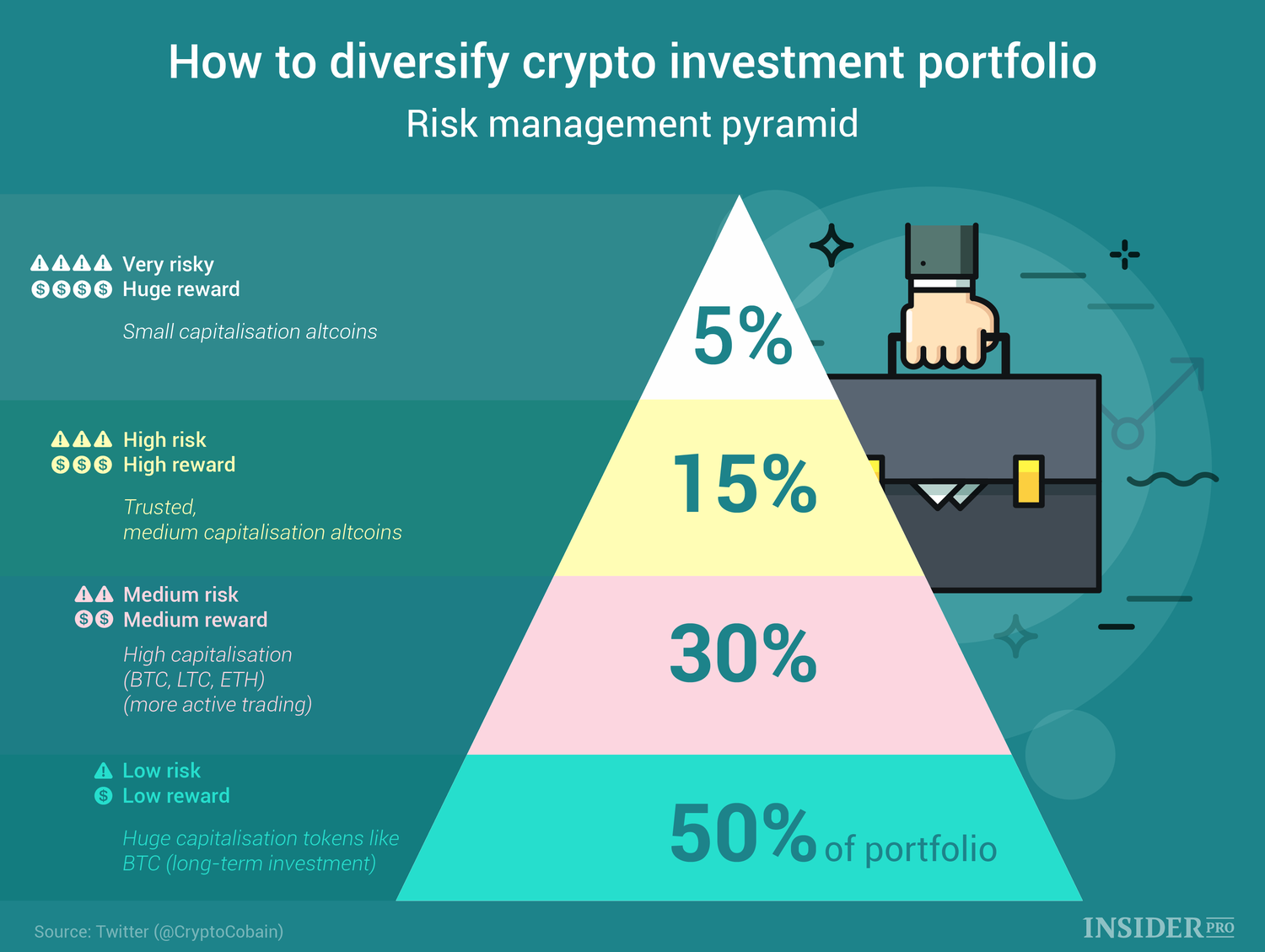The China Factor: Assessing Challenges For BMW, Porsche, And Automakers

Table of Contents
Intense Domestic Competition
Chinese automakers are rapidly innovating and gaining significant market share, putting immense pressure on foreign brands like BMW and Porsche. This intense competition is fueled by several factors:
-
Rise of electric vehicle (EV) manufacturers: The rapid growth of domestic EV manufacturers such as BYD, NIO, Xpeng, and Li Auto is transforming the Chinese automotive market. These companies are not only producing competitive EVs but also leveraging advanced battery technology and innovative charging infrastructure. This poses a serious challenge to established players who are still transitioning to full EV portfolios.
-
Aggressive pricing strategies and government subsidies: Chinese automakers often employ aggressive pricing strategies, sometimes undercutting foreign competitors. Furthermore, the Chinese government provides substantial subsidies and incentives to support the growth of domestic brands, making them even more competitive. This price war puts pressure on profit margins for international brands.
-
Increasingly sophisticated technology and design: The quality and technology incorporated in Chinese vehicles have improved dramatically in recent years. Many domestic brands now offer features comparable to, or even exceeding, those found in equivalent foreign models, further eroding the perceived advantage of international brands. This includes advancements in autonomous driving technology and connected car features.
-
The impact of joint ventures and technology transfer: Joint ventures between foreign and Chinese automakers have facilitated technology transfer, allowing domestic companies to quickly acquire expertise and improve their manufacturing capabilities. This collaborative effort, while sometimes beneficial for foreign brands in terms of market access, ultimately contributes to the growing competition.
Navigating Regulatory Hurdles and Policy Changes
The Chinese automotive market is characterized by a complex and ever-evolving regulatory environment. Policy changes can significantly impact profitability, market access, and overall strategic planning. Key regulatory challenges include:
-
Stricter emission standards and environmental regulations: China is increasingly stringent in its emission standards and environmental regulations, pushing automakers to accelerate their transition to electric and new energy vehicles (NEVs). Meeting these increasingly demanding standards requires significant investment in R&D and new technologies.
-
Complex licensing and homologation processes: Navigating the licensing and homologation processes in China is notoriously complex and time-consuming. Foreign automakers must comply with numerous regulations and obtain various permits before they can sell their vehicles in the country.
-
Shifting government priorities and potential trade disputes: Government priorities in China can shift rapidly, impacting policy decisions and creating uncertainty for foreign investors. Furthermore, potential trade disputes and geopolitical tensions can create additional challenges for automakers trying to access the Chinese market.
-
Data localization requirements and cybersecurity concerns: China is implementing stricter data localization requirements and cybersecurity regulations, which impact how foreign automakers collect, store, and manage data related to their vehicles. These regulations necessitate significant investment in compliant infrastructure and data management systems.
Understanding Consumer Preferences and Trends
Chinese consumers have unique preferences and buying habits that differ significantly from other markets. Automakers must tailor their products and marketing strategies accordingly:
-
Growing demand for EVs and new energy vehicles (NEVs): Chinese consumers are increasingly embracing electric vehicles, creating a massive market opportunity for manufacturers who can meet this demand with competitive products. This necessitates significant investment in EV development and infrastructure.
-
Preference for connected and intelligent vehicles: Chinese consumers value connected car features and advanced driver-assistance systems (ADAS). Offering these technologies is crucial for attracting and retaining customers in this market.
-
Focus on luxury and prestige brands, but with increasing price sensitivity: While luxury brands remain popular, there is also a growing emphasis on value for money. Consumers are increasingly discerning and comparing features and pricing across different brands.
-
The importance of digital marketing and online sales channels: E-commerce and online sales are booming in China, making digital marketing a vital tool for automakers to reach consumers.
-
Impact of social media and influencer marketing on brand perception: Social media platforms like WeChat and Weibo play a significant role in shaping brand perception and influencing purchasing decisions. Leveraging these channels effectively is essential for success.
Supply Chain Disruptions and Geopolitical Risks
Global supply chain disruptions and geopolitical tensions pose significant risks to automakers operating in China:
-
Dependence on Chinese suppliers and the potential for disruptions: Many automakers rely on Chinese suppliers for components and raw materials. Disruptions to these supply chains can significantly impact production and delivery timelines.
-
Impact of trade wars and geopolitical instability on market access: Trade wars and geopolitical instability can create uncertainty and potentially limit market access for foreign automakers.
-
Managing risks associated with sourcing raw materials and components: Automakers must develop robust strategies to manage the risks associated with sourcing raw materials and components, ensuring a reliable and resilient supply chain.
-
Ensuring resilience in the face of unforeseen circumstances: Proactive risk management and supply chain diversification are crucial for ensuring business continuity and minimizing the impact of unforeseen circumstances.
Leveraging Opportunities within the China Factor
Despite the challenges, the Chinese market presents significant opportunities for automakers willing to adapt and innovate:
-
Growing middle class and increasing disposable income: China's growing middle class has increased disposable income, creating a larger pool of potential car buyers.
-
Potential for significant market share gains for innovative brands: For brands that can effectively address consumer preferences and navigate the challenges, there's considerable potential for market share gains.
-
Opportunities for partnerships and collaborations with Chinese companies: Collaborations with local companies can provide access to expertise, distribution networks, and regulatory knowledge.
-
Development of specifically tailored vehicles for the Chinese market: Designing vehicles specifically tailored to the Chinese market, considering local preferences and regulations, can significantly enhance competitiveness.
Conclusion
The China Factor presents both substantial challenges and immense opportunities for automakers like BMW and Porsche. Successfully navigating the complexities of the Chinese market requires a deep understanding of the domestic competition, regulatory landscape, consumer preferences, and geopolitical risks. Companies that adapt to the unique dynamics of this crucial market, prioritize innovation, and develop tailored strategies will be best positioned for long-term success. Understanding the China Factor, including its nuances and implications for supply chains and regulatory hurdles, is no longer optional; it's essential for survival and growth in the global automotive industry. By carefully considering the points raised in this article, automakers can develop effective strategies to address the challenges and capitalize on the potential of this dynamic market. Ignoring the China factor is simply not an option for any global automaker aiming for sustained success.

Featured Posts
-
 Discover Mirax Casino Leading Online Casino In Ontario For 2025
May 18, 2025
Discover Mirax Casino Leading Online Casino In Ontario For 2025
May 18, 2025 -
 100 Tys Zl Odszkodowania Panstwowa Spolka Oskarza Dziennikarzy Onetu
May 18, 2025
100 Tys Zl Odszkodowania Panstwowa Spolka Oskarza Dziennikarzy Onetu
May 18, 2025 -
 Analyzing The Spring Breakout 2025 Rosters A Team By Team Breakdown
May 18, 2025
Analyzing The Spring Breakout 2025 Rosters A Team By Team Breakdown
May 18, 2025 -
 Retirement Portfolio Diversification Should You Avoid This New Investment
May 18, 2025
Retirement Portfolio Diversification Should You Avoid This New Investment
May 18, 2025 -
 Choosing The Best Bitcoin Casinos In 2025 A Detailed Comparison
May 18, 2025
Choosing The Best Bitcoin Casinos In 2025 A Detailed Comparison
May 18, 2025
